
How much does it cost to replace a windscreen?
This used to be a simple question since most car windscreens were made from the...
Browse over 9,000 car reviews
.jpg)
The dreaded check engine light has just flashed on on the dashboard of your car. Do you need to pull over right way? Is the car about to stop in its tracks? Why is the light on in the first place?
These are the sorts of question that will fly through your head when the evil little orange, engine-shaped symbol first flickers on.
We all dread it, and the engine light in car-speak is now a swear-word. But don’t panic yet. Sometimes, it can be very bad (expensive) news.
At other times, though, it’s simply the car trying to tell you something that will save your bacon (and wallet) down the track.
Either way, it shouldn’t be ignored.
Many decades ago, the warning lights on a car were pretty minimal. You usually had one for high temperature, another for low oil pressure and a third for a failed charging system.
They were all usually red lights, too, and when they came on, you were already in trouble.
But as cars got smarter and combined more electronics and sensors into the way they work, a warning-light hierarchy became established, and the orange check engine light on the dash was one of those.
Finally, as emissions laws around the world got ever tougher, carmakers were forced by legislation to fit on-board computers that would detect faults in the car’s operation and record those faults so the problem could be checked out at the workshop.
That’s when the check engine light really became demonised, because it meant the car had decided something was wrong with one of its many mechanical and electrical systems and needed sorting out.
Not only that, but in many countries (Australia included) a car is technically not roadworthy if the check engine light is illuminated. Now you really couldn’t ignore it.
But can you keep driving once the check engine light is on? And is there any general advice on what to do when check engine light comes on?
It depends on what has triggered the light, really. The first thing to do is check for any other warning lights or instruments suggesting high engine temperature or low oil pressure.
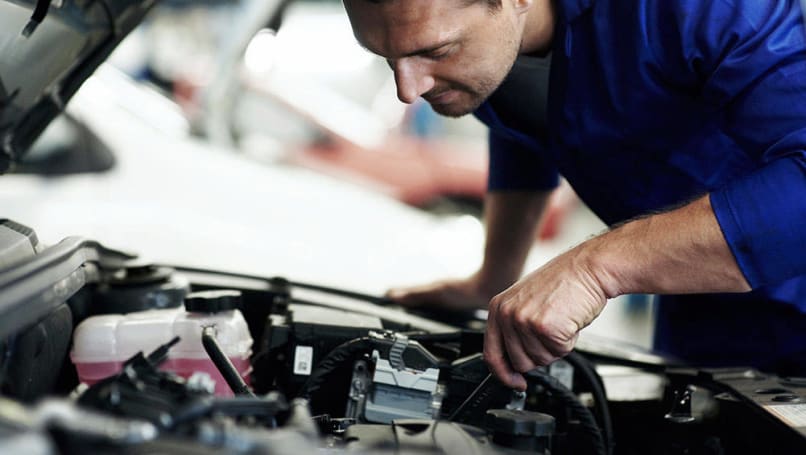
Then, take a moment to assess how the car feels. Is it running smoothly? Is it making an unusual noise? All these factors will help you decide whether to keep driving or not.
Even if it still runs fine, the check engine light means the next place you should visit is your mechanic.
While most warning lights on a dashboard are pretty specific (brake failure, overheating and so on) the check engine light is a much more general warning.
It can be triggered by dozens, if not hundreds of problems including, the common ones of which we’ll get to in a minute.
But whatever the cause, the light is simply warning you something isn’t right and the car needs to be scanned for error codes which the computer will have stored.
Modern cars also have dashboard warning lights that are color-coded. A blue or green light usually means something is switched on (high beam headlights, indicators etc) an orange light (like the check engine light) suggests it’s time to hit the workshop and a red light on the dashboard means pull over as soon as it’s safe to do so and turn the engine off.
So why is my engine light on? Well, you can’t simply google 'what does check engine light mean' because there’s no simple answer.
Given the sheer number of possible causes, this is not a troubleshooting list, but one that reflects some common faults the switch on the light of doom.

Modern cars are constantly sniffing their own exhaust emissions to ensure every drop of fuel is being burnt as efficiently as possible.
They do this via an oxygen sensor in the exhaust system. So even if the engine is still operating correctly, a bad sensor will cause the check engine light to illuminate, as the computer suddenly can’t tell what’s going on.

Because cars are fundamentally computer controlled these days, the electrical system is a critical part of the picture. A poor earth, bare wire or even a battery without sufficient power can cause the check engine light to pop up.

This will allow extra air into the engine and seriously mess up the fuel/air ratio. At this point, the oxygen sensor will go bananas and the check engine light will come on.
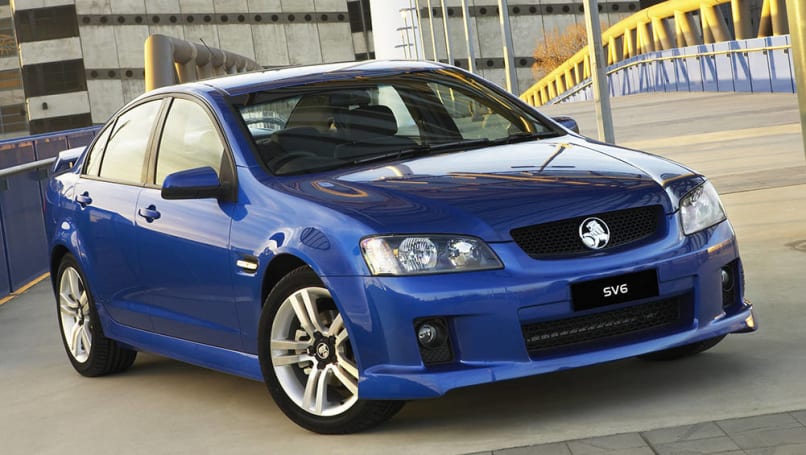
If the engine’s timing chain becomes stretched far enough, the sensor that watches the position of the camshafts relative to the crankshaft (a crucial, special relationship) will decide the situation is beyond a serviceable condition. Bingo, on comes the check engine light.
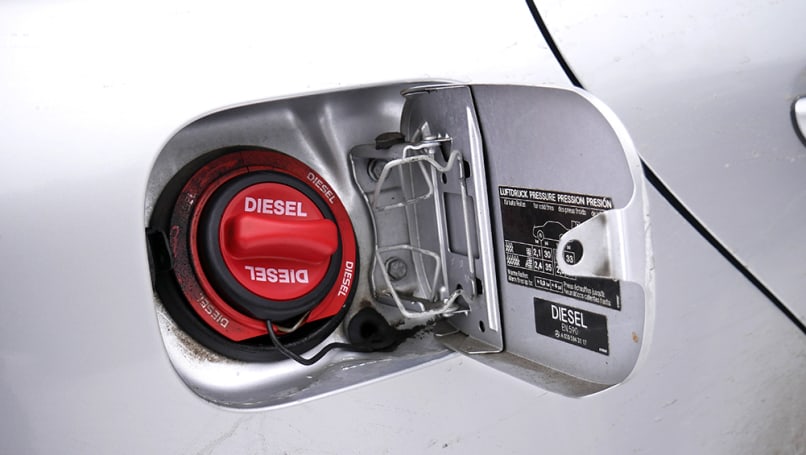
Because the fuel system in a sealed one, even a loose fuel cap can cause the computer to switch on the check engine light.
If the light appears immediately after filling up, it’s worth a stop to check that the cap is on correctly or that you haven’t left it sitting on the bowser back at the service station.
Once the check engine light has appeared, and you’ve headed to the workshop for a diagnosis, it will be the mechanic that turns off the light (once the problem has been fixed) via the on-board diagnostic port.
That’s the port on the car where the workshop computer plugs in to chat to the car’s computer. Simply switching off the light without attending to the cause means it’ll simply switch back on again within a few kilometres.
Even if you can switch the light off yourself (by digging through on-board menus or using a hand-held diagnostic computer) without fixing the problem that caused the light, you’re wasting you time and risking doing more damage to the car by continuing to drive it.
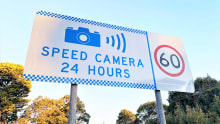
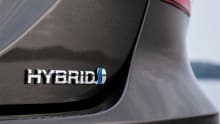

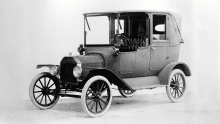



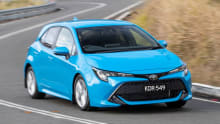


Comments